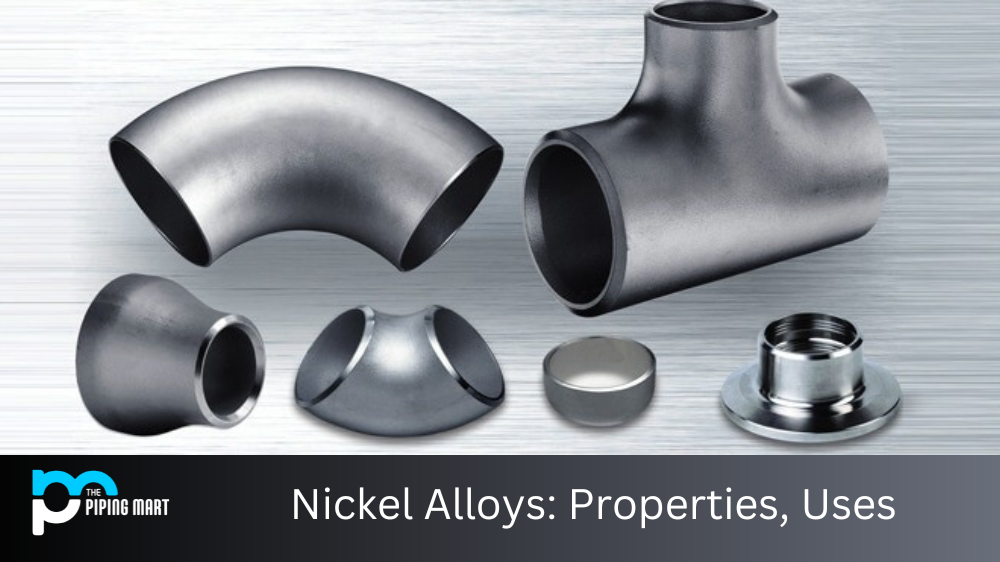The term “nickel alloy” encompasses various materials with varying properties and uses. These alloys are formed by combining nickel with other metals, such as iron, chromium, and molybdenum. This combination of metals creates an alloy with unique characteristics, which makes them suitable for use in diverse applications. In this blog post, we will explore the properties of nickel alloys, their standard services, and the HS code associated with them.
Nickel Alloys Properties
Nickel alloys offer a wide range of benefits due to their chemical makeup. They have excellent corrosion resistance and are highly resistant to oxidation when exposed to high temperatures. This makes them ideal for use in industrial environments exposed to chemicals or high temperatures. In addition, they have high strength-to-weight ratios, which make them particularly useful for applications that require lightweight materials that are still strong enough for the job.
Nickel Alloys Uses
One common application for nickel alloys is forging machinery and tool components. Forgings made from these alloys are solid yet lightweight, making them ideal for parts that need to be moved around frequently or withstand heavy loads without breaking down. Additionally, they can be machined into intricate shapes due to their excellent ductility so that they can be used in a wide range of precision applications. Due to their corrosion resistance properties, nickel alloys are also commonly used to manufacture valves, pumps, and other fluid control devices. Finally, these alloys can also be used in aerospace applications due to their strength and light weight.
Nickel Alloys HS Code
The harmonized system (HS) code is an internationally recognized system used by customs authorities worldwide to classify products according to their specific categories when imported or exported between countries. The HS code associated with nickel alloy forgings is 7229 90 00 00, which covers forgings made from any metal alloy containing more than 50% nickel content by weight regardless of shape or form factor (e.g., bars, rods, plates, etc.).
Conclusion:
In conclusion, nickel alloys offer a wide range of advantages over other metals thanks to their unique chemical composition, including excellent corrosion resistance along with a good strength-to-weight ratio making it suitable for a variety of applications ranging from forging components for machinery and tools through to valves, pumps and aerospace components among others. It should also be noted that nickel alloy forgings are classified under Harmonized System (HS) code 7229 90 00 00 when imported or exported between countries worldwide, making it easier for customs authorities to identify the product type when crossing borders between countries. Therefore if you’re looking at utilizing this material in your next project, you should consider its numerous benefits along with its relevant HS code classification before deciding on what material you choose.




